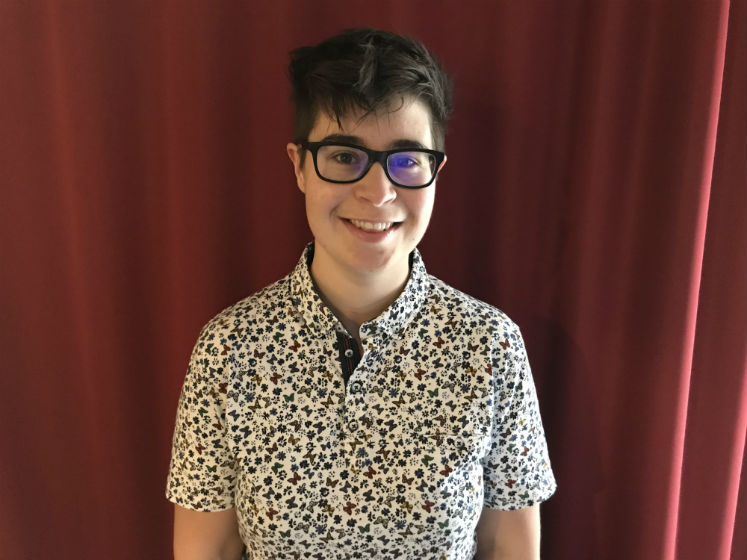 Emma Spruce
Emma Spruce
What are you currently researching?
I am currently researching several projects that elaborate on key findings from my Doctoral research, which looked at LGBTQ narratives in Brixton through ethnographic work.
One of these thinks about the potential and pitfalls of mapping ‘queer’ sexual experience; another explores the spaces and attitudes that allow conversations about sex, gender and sexuality to take place between people who hold different opinions.
In both cases, I am interested in examining the relationship between perceptions of sexual progress, experiences of LGBTQ sexuality, and the ways in which sexual politics affects how we think about spaces and places.
These areas of research push me to look at the granular experience of everyday sexuality, and consider the extent to which dominant framings of LGBT rights and equality reflect this. They invite scrutiny of the terms of sexual progress themselves: what do LGBTQ+ people value about their everyday experience? What are their pleasurable memories of LGBTQ+ life? What is making LGBTQ+ lives more difficult?
What attracted you to this area of research?
I was initially drawn to researching narratives about sexuality to better understand the ways in which attitudes towards LGBTQ people are used as a shorthand to distinguish between desirable ‘modern’ and stigmatised ‘intolerant’ populations. I especially wanted to understand the implications of this for urban regeneration/gentrification debates.
When I began to research questions of LGBTQ+ progress, there was a common perception that, in the UK and other countries, tolerance towards LGBTQ+ people would gradually be embedded. In some ways this has been borne out, but in the past few years there have also been significant backlashes and plateaus.
This demands critical analysis that challenges racist, colonialist and anti-poor explanations. I also believe there is huge value in ethnographic approaches that centre situated analysis and thick description, and my work allows me to explore these methodologies further.
How will your research improve or have a wider impact on society?
I hope my research contributes to a more critical engagement with LGBTQ+ rights and equality narratives. I want to see better channels of communication between all stakeholders, and a willingness to engage more openly with the founding principles of contemporary British LGBTQ politics.
I also hope that, by conducting ethnographic research on LGBTQ+ experience, my research helps to counter pernicious myths about the intrinsic homophobia of working-class, migrant, and racialised groups.
What do you hope to do career-wise, long term?
I really enjoy both teaching and research, so I hope to stay in academia and contribute to the rich and dynamic field of gender and sexuality studies.
What are your top three tips to prospective students on the most effective way to approach research and keep stress levels down?
Be pragmatic! Have a clear demarcation of work-time and life-time (and stay away from screens for the latter, if possible) ! Don’t leave too many ellipses in drafts, because when you go back to them...
What resources are available at LSE to help young researchers?
There are a plethora of resources available at LSE; from workshops on research methods, to lunch-time mindfulness sessions, and brilliant advice on funding opportunities.
What do you enjoy most about studying at LSE?
The Department of Gender Studies at LSE is a unique place to study and work. I feel incredibly lucky to have the most supportive and passionate colleagues and students, who engage in a critical, interdisciplinary, transnational conversation about gender and sexuality.